The views expressed in our content reflect individual perspectives and do not represent the authoritative views of the Baha'i Faith.
The Baha’i prophet and the Black activist — Baha’u’llah and Frederick Douglass — lived through the same century: Baha’u’llah was born in 1817 and died in 1892. Douglass was born in 1818 and died in 1895.
Living worlds apart, one in America, the other in Persia and the Ottoman Empire, their lives evinced many remarkable parallels. Douglass challenged slavery and inequality in his homeland and was called a “prophet of freedom;” while Baha’u’llah, God’s latest actual prophet, established a global Faith, banned every form of slavery, and summoned humanity to free itself from bigotry and prejudice of all kinds.
RELATED: Performative vs. Active Allyship: Your Motivation Matters
They were far from equivalent, but they both counseled against violence, using language as their instrument of persuasion, writing and speaking millions of words to change minds and move hearts. They both suffered for challenging the established order of their times. Douglass was beaten, dragged in chains, and nearly lynched. He escaped enslavement, but for the rest of his life, he was verbally and physically attacked. He had to flee his country twice.
But as the founder of a global Faith, Baha’u’llah suffered a far worse fate. He was beaten, bound with chains, poisoned, tortured, and repeatedly and forcibly exiled. Imprisoned for forty years, he never saw his homeland again.
As a Baha’i who has accepted Baha’u’llah as God’s latest messenger, I mean no disrespect in comparing and contrasting Baha’u’llah to a Black American who was formerly enslaved, an abolitionist, and an advisor to American presidents. They are not equals, intellectually, spiritually, or emotionally, as even a cursory study of their lives and words reveals.
Although he was no saint, Douglass was also reflective and self-critical and aspired to be a better man because his Lord and savior, Jesus Christ of the Gospels, required it. Douglass believed he had a calling: to preach, to testify, to extol, and to warn. He also carefully studied the Old Testament, incorporating the language of Isaiah, Ezekiel, and Jeremiah so seamlessly that many said Douglass sounded like them. Douglass even suggested that “There is a prophet within us, forever whispering that behind the seen lies the immeasurable unseen.”
Despite his lofty aspirations, Douglass disappointed himself, his family, friends, and colleagues, and he sometimes lied about his faults to protect his public image. But for his entire life, the Sermon on the Mount remained the unvarying divine standard by which he judged enslavers, bigots, politicians, and preachers. Douglass proclaimed:
I love the pure, peaceful, and impartial Christianity of Christ. I therefore hate the corrupt, slave holding, women-whipping, cradle plundering, partial and hypocritical Christianity of this land. I can see no reason, but the most deceitful one, for calling the religion of this land Christianity.
Despite their vast differences, I’m fascinated by what Baha’u’llah and Douglass had to say about the clergy.
They were both outspoken critics of traditional religious leaders, and religious leaders were, in turn, their loudest denunciators, demanding silence, imprisonment, and even death, all in the name of God.
In his proclamations to the rulers and leaders of the world, written between 1867 and 1873, Baha’u’llah addressed the world’s clergy collectively:
The source and origin of tyranny have been the divines … When we observed carefully, We discovered that our enemies are, for the most part, the divines. O concourse of divines! Fling away idle fancies and imaginings, and turn, then, toward the Horizon of Certitude! I swear by God! All ye possess will profit you not, neither all the treasures of the earth, nor the leadership ye have usurped. … The world is laden with dust, by reason of your vain imaginings, and the hearts of such as enjoy near access to God are troubled because of your cruelty.
His condemnation of the ulama, the Muslim clergy, was even more pointed:
Because of you the Apostle (Muhammad) lamented, and the Chaste One (Fatimah) cried out, and the countries were laid waste, and darkness fell upon all regions. O concourse of divines! Because of you the people were abased, and the banner of Islam was hauled down, and its mighty throne subverted.
Frederick Douglass developed a similar aversion to hypocritical preaching and public displays of piety; and once he was a free man and public speaker, he mocked the Bible-quoting enslavers and torturers with sarcastic and caustic paraphrases of the sermons he had heard. “Here we have religion and robbery the allies of each other,” he noted, “— devils dressed in angel’s robes, and hell presenting the semblance of paradise.” Listeners laughed and cheered.
Douglass was often criticized for being too harsh. Even Black preachers worried that he would alienate believers who remained loyal to their ministers. But often, these ministers were cautious and resistant to change, urging him to wait for more convenient times. Douglass would not relent. “Without struggle, there is no progress,” he asserted.
But Black leaders insisted on their prerogatives. When the 15th Amendment was ratified, granting the right to vote to all male U.S. citizens, Douglass thanked many people for this momentous event, but he didn’t thank God. A delegation of Black ministers came to see him and demanded that in future speeches, he would make sure to include God in his gratitude list. Douglass refused. “God had nothing to do with it,” he thundered. The preachers then denounced Douglass from pulpits and in the press as an unbeliever.
When he wrote his last of three autobiographies, The Life and Times of Frederick Douglass, he ended the long and dense 1881 edition (later revised in 1892) under the title “Conclusion” with a criticism of, of all things, the failings of the Black community, especially its religious presumptions:
In my communication with the colored people, I have endeavored to deliver them from the power of superstition, and priestcraft. In theology I have found them strutting about in the clothes of the past … I recognize that the universe is governed by laws which are unchangeable and eternal, that what men sow they will reap, and there is no way to dodge or circumvent the consequences of any act or deed. My views at this point receive but limited endorsement among my people. They, for the most part, think they have means of procuring special help from the almighty, and, as their ‘faith is the substance of things hope for and the evidence of things not seen,’ they find much in this expression which is true to faith, but utterly false to fact.
As a historian and the author of a new novel about Frederick Douglass, I take no issue with his modernity — its appreciation of science and facts. I don’t know the circumstances that led to the writing of this passage — but I do know that Douglass wanted his last book to sell well in the Black community. It did not. Surely, passages like this one contributed to its failure.
Even so, Douglass remained courageous and consistent in telling this truth: Religion could be distorted and become a source of harm.
Nevertheless, Douglass proved remarkably prescient. I would not say he was ahead of his time. He was in keeping with the spirit of his age, the new age revealed by the pen of a Persian prophet, Baha’u’llah, imprisoned and persecuted thousands of miles away.
When the entire United States seemed convulsed by fears of immigration, specifically fears of the Chinese that culminated in the Chinese Exclusion Act of 1882, Douglass opposed discrimination and welcomed them to his country, saying in an earlier speech:
All great qualities are never found in any one man or in any one race. The whole of humanity, like the whole of everything else, is ever greater than a part. Men only know themselves by knowing others, and contact is essential to that knowledge … Man is man the world over. This fact is affirmed and admitted in any effort to deny it. The sentiments we exhibit, whether love or hate, confidence or fear, respect, or contempt, will always imply a like humanity. A smile or tear has no nationality. Joy and sorrow speak alike in all nations, and they above all the confusion of tongues proclaim the brotherhood of man.
Despite these very Baha’i-like principles, in my many decades of research, I have found no documented evidence that Frederick Douglass ever heard the name Baha’u’llah or learned the tenets of the Baha’i Faith.
RELATED: Let’s Get Real: The High Price of Looking Away
No matter. If Baha’u’llah is the manifestation of God for Douglass’ era and ours, as Baha’is firmly believe, then it is clear that a renewal of spiritual energy was released into this world during his revelation, and the entire Earth, in ways great and small, reverberated to the calling of God. Baha’u’llah wrote:
O ye children of men! The fundamental purpose animating the Faith of God and His Religion is to safeguard the interests and promote the unity of the human race, and to foster the spirit of love and fellowship amongst men. Suffer it not to become a source of dissension and discord, of hate and enmity. This is the straight Path, the fixed and immovable foundation. Whatsoever is raised on this foundation, the changes and chances of the world can never impair its strength, nor will the revolution of countless centuries undermine its structure. Our hope is that the world’s religious leaders and the rulers thereof will unitedly arise for the reformation of this age and the rehabilitation of its fortunes.
Frederick Douglass stood on that spiritual foundation and rose in his own fashion, calling for justice and equality until the end of his days, always using his words to challenge and inspire. As a Black American Baha’i, I count myself fortunate to have these two remarkable sources of inspiration, the prophet and founder of my faith, and a former slave whose belief in himself and the mysterious forces of destiny made him, as a proponent of the independent investigation of truth, say for all of us:
Liberty is meaningless where the right to utter one’s thoughts and opinions has ceased to exist. That, of all rights, is the dread of tyrants. It is the right which they first of all strike down. They know its power. Thrones, dominions, principalities, and powers, founded in injustice and wrong, are sure to tremble, if men are allowed to reason … Slavery cannot tolerate free speech.
There is slavery of the shackle, and there is slavery of the spirit. Baha’u’llah and Frederick Douglass lived to free humanity from both. Lucky us.
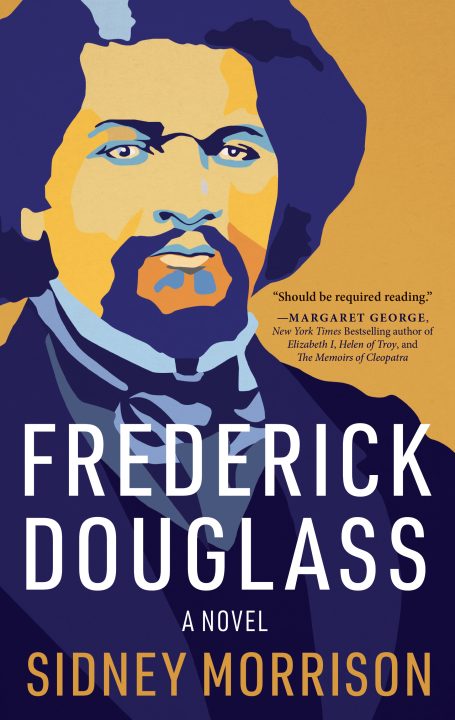


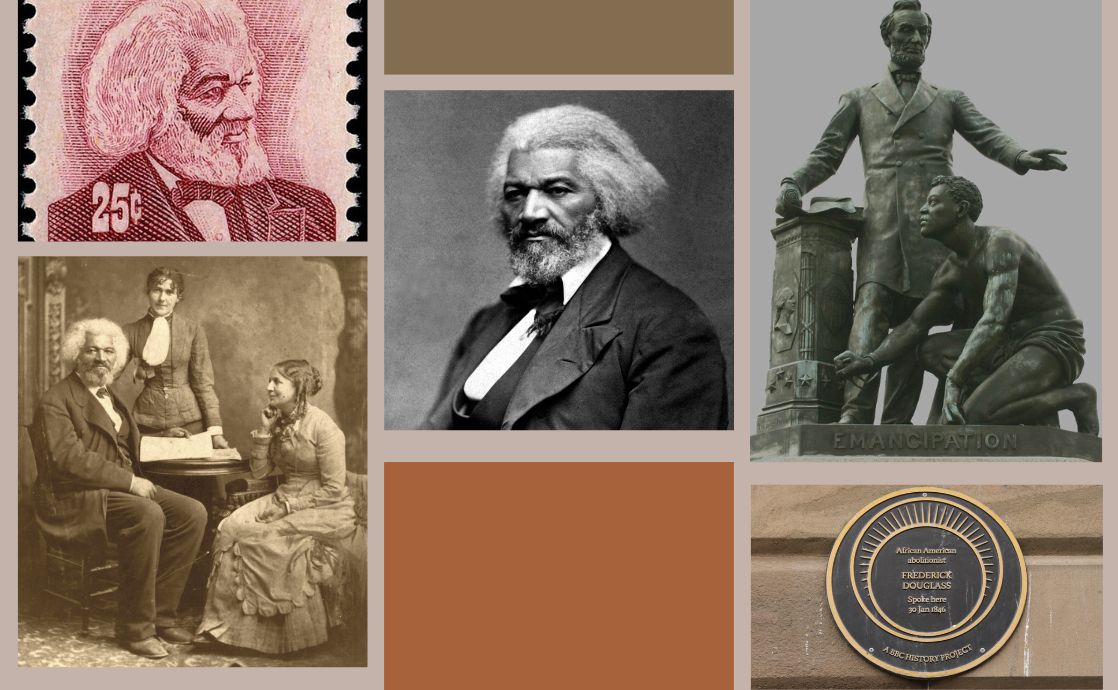
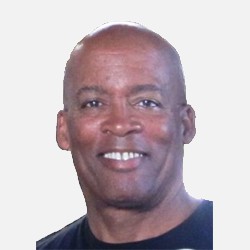
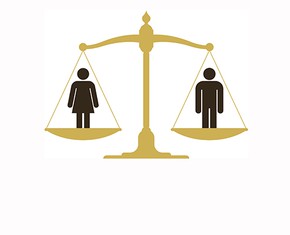
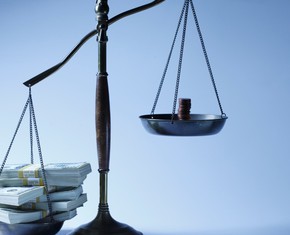
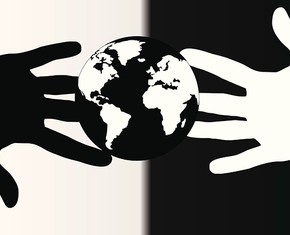









Comments
Sign in or create an account
Continue with Googleor